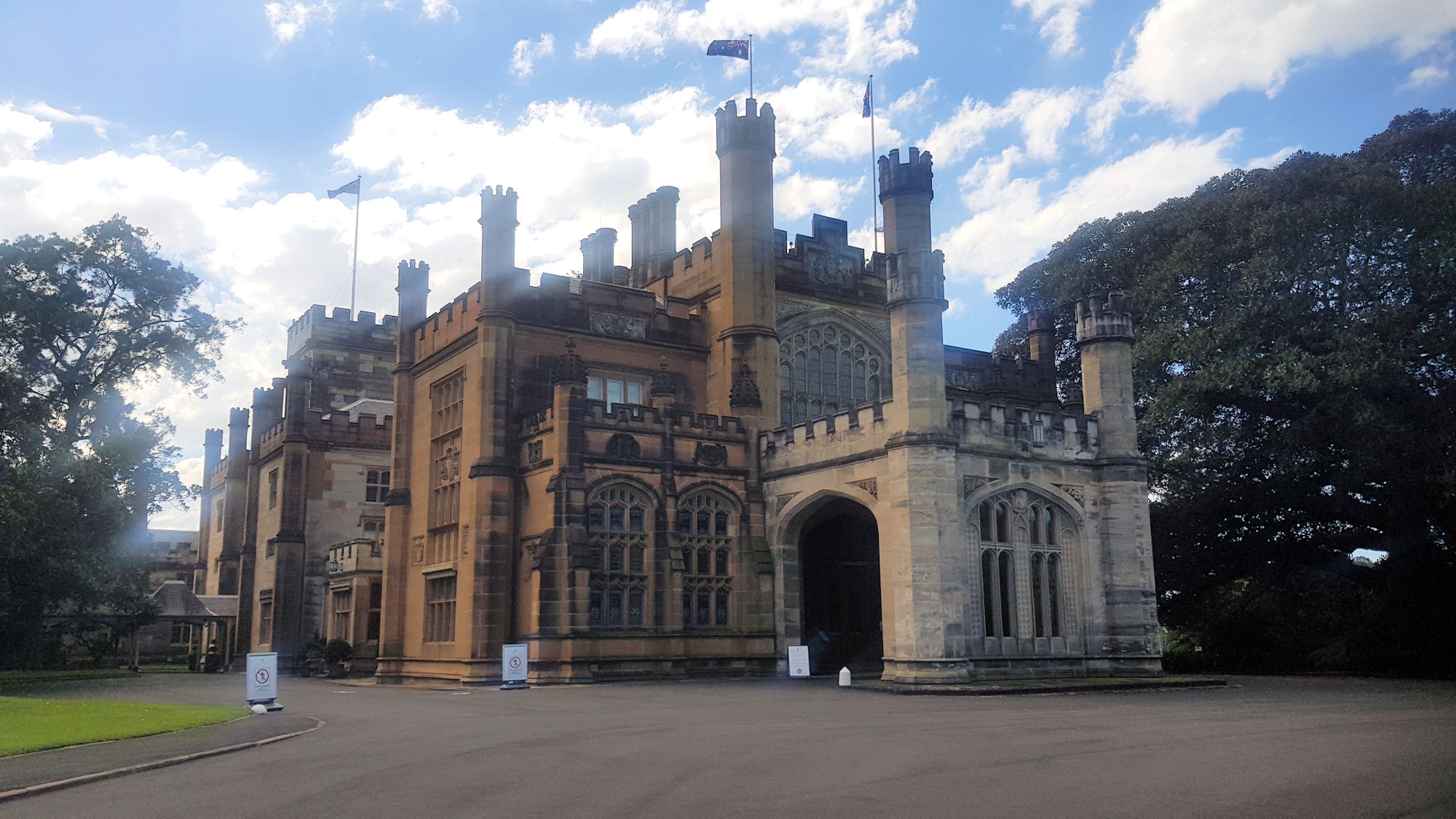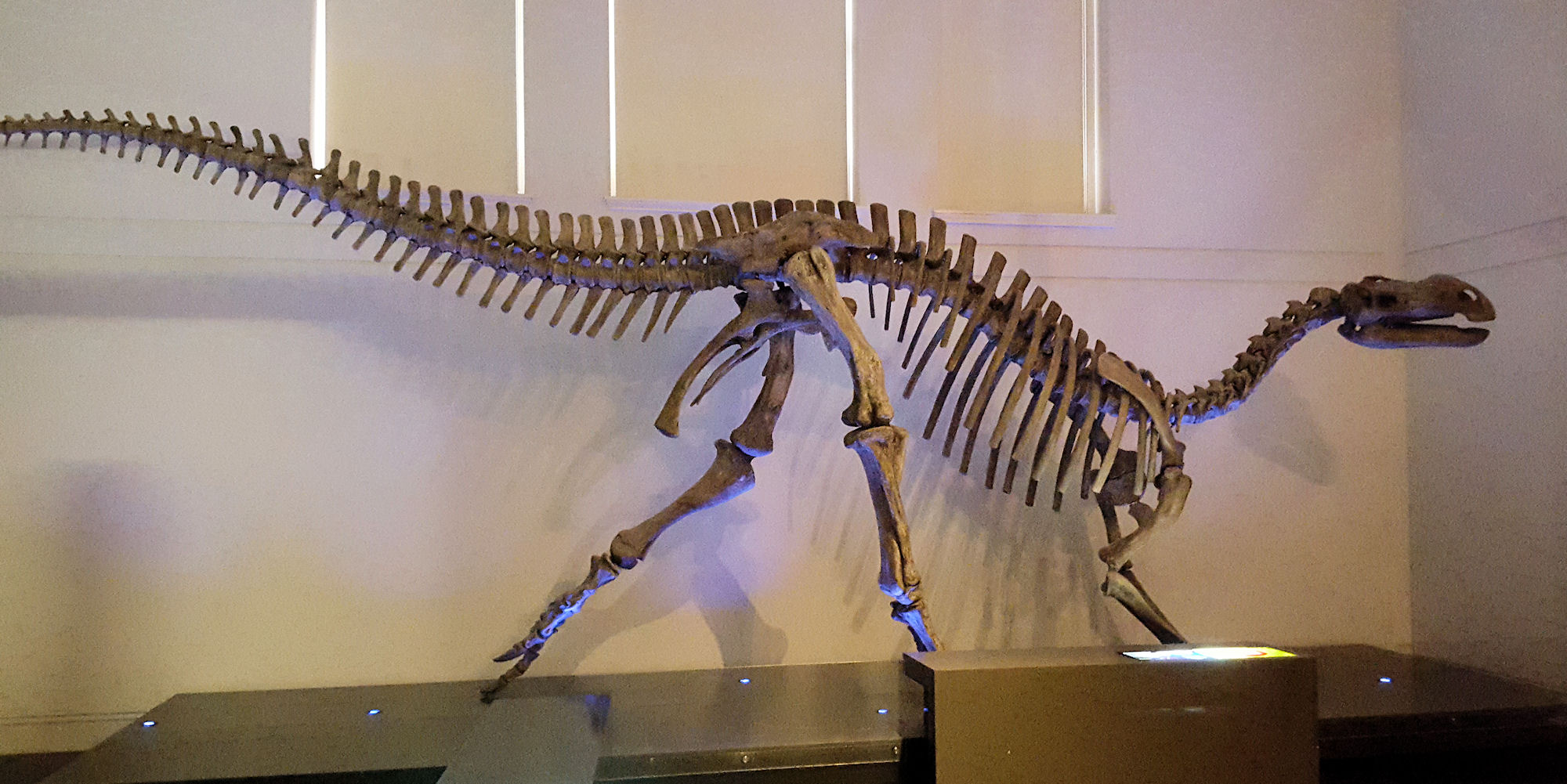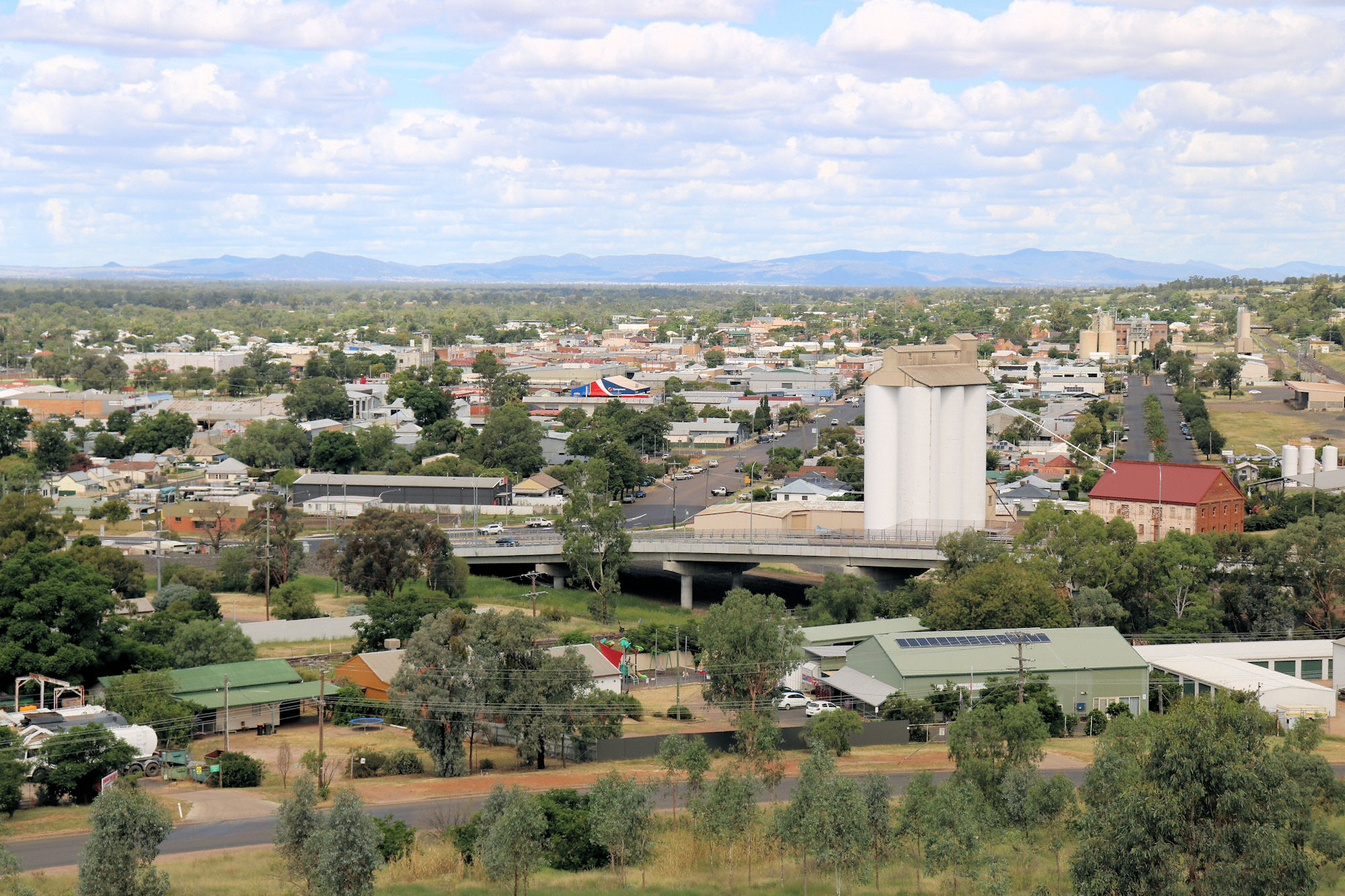Tag: travel
-
Government House Sydney

Government House Located next to the Royal Botanic Garden on Sydney Harbour, Government House is the official residence of the Governor of New South Wales. Completed in 1845, the building is an example of the Gothic Revival style which is characterized by the towers and other medieval features. The Governor is appointed by the Sovereign and… Read more
-
Australian Museum Sydney

Australian Museum Located near Hyde Park in the centre of Sydney, the Australian Museum is a wonderful place to spend a few hours wandering around the amazing displays. Designed by colonial architect Mortimer Lewis, the current building opening in 1857, although the museum’s collection dates back to 1827. An extensive refurbishment in 2021 has resulted… Read more
-
Gunnedah New South Wales

Gunnedah New South Wales Town History Located on the north west slopes of New South Wales, Gunnedah has a long history of habitation by the Kamilaroi people. The town’s name means Place of White Stones in the Kamilaroi language. Within 45 years Colonial settlers arrived in the area in 1833, taking advantage of the Patrick… Read more